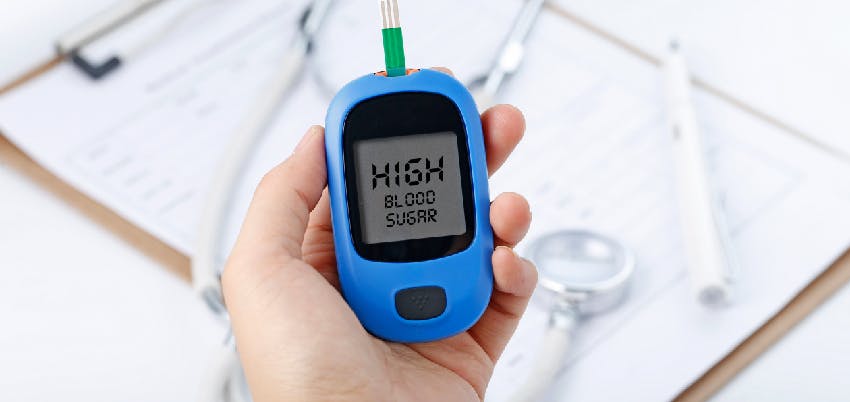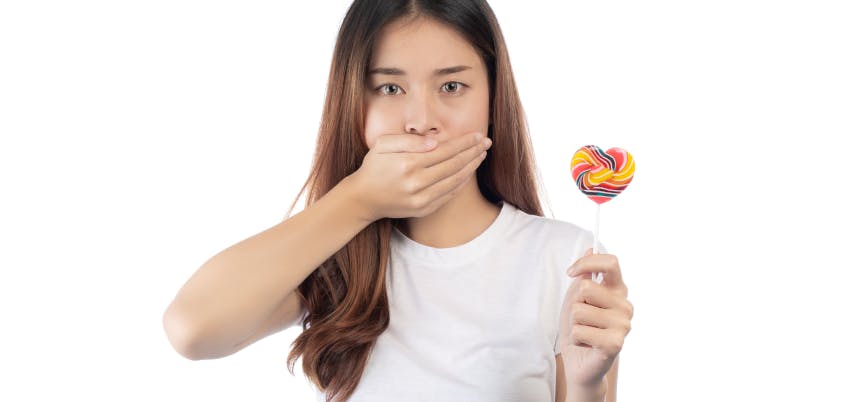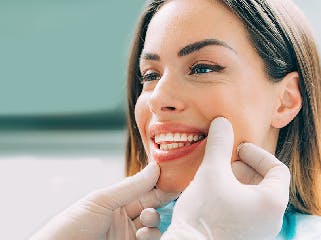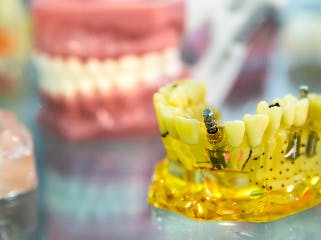
Do whitening toothpastes really work?
by Wildsmile
Do whitening toothpastes really work?
In recent years, whitening toothpastes have become extremely popular: they promise a whiter smile simply by brushing your teeth. But do they actually work?
In this article, we’ll explore how these toothpastes work, what their limitations are, and whether they're worth it compared to professional treatments.
What they are and how they work
Whitening toothpastes usually work through two main mechanisms:
- Gentle abrasion: many contain particles (such as silica) that help polish the surface of the teeth and remove external stains;
- Chemical whitening agents: some formulas include small amounts of substances like hydrogen peroxide or carbamide peroxide, capable of slightly “lightening” the enamel.
But it’s important to note: according to specialists, these toothpastes primarily work on external (“extrinsic”) stains, not the inside of the tooth.
How effective are whitening toothpastes?
- Most dentists agree that whitening toothpastes can lighten slightly: for example, by removing stains from coffee, tea, tobacco or wine;
- However, the effect tends to be modest: many of these toothpastes only succeed in lightening by one shade, maybe two at best;
- If tooth discoloration is deeper (for example, internal pigmentation, antibiotic stains, ageing), whitening toothpastes will probably not be enough to make a noticeable difference;
- Also, if you’ve already removed surface stains, using more whitening toothpaste won’t add any extra results: once the stain is polished away, further improvements are rare.
When is it worth using whitening toothpastes?
This type of whitening toothpaste can be a good option if:
- Your goal is simply to keep your teeth clean and polished, removing everyday stains;
- You want a boost following a professional whitening treatment, to prolong the effect;
- You’re not trying to change deeply discoloured or internally pigmented teeth and are satisfied with minor improvements.
More effective alternatives
If you're looking for a more noticeable whitening result, consider:
- Professional in-clinic whitening: this is much more powerful, as it uses gels with a high concentration of peroxide and can lighten several shades;
- Custom dental whitening trays: made by a dentist, these allow the safe and controlled application of a whitening gel;
- Maintenance: using whitening toothpaste only as a complementary method, not as the sole approach, can balance safety and effectiveness.
Summary
This type of whitening toothpaste can be suitable if:
- Whitening toothpastes do have an effect, but it’s limited: they clean and remove surface stains, but don’t drastically “transform” your natural tooth shade;
- There are potential risks if overused, especially with more abrasive formulas;
- For real, more visible whitening, professional treatments remain the best option;
- Using a whitening toothpaste mindfully and alongside good dental hygiene can be useful — especially for maintenance or to remove light stains.
For more visible and safer results, professional whitening remains the best option.
With Wildsmile, you can book whitening and other treatments with accredited dentists — at more affordable prices, with safety and personalised follow-up.{
Already have your plan? If not, join now and start saving: Join Wildsmile
Want to learn more about this?
Contact us
Your contact request is registered. We will contact you as soon as possible.
Lorem ipsum dolor sit amet, consectetur adipisicing elit. Adipisci alias aliquid amet commodi dolor, dolore doloremque dolores fugit quod repellat.
 ESP
ESP
 ENG
ENG





